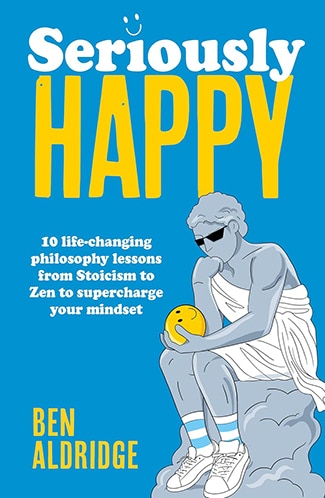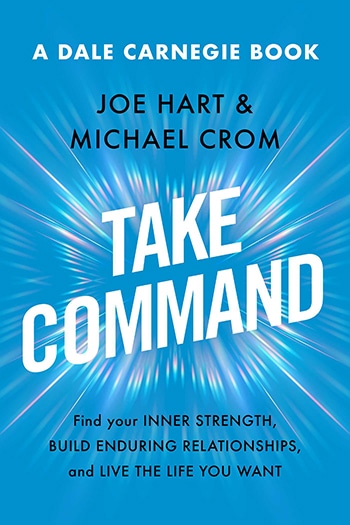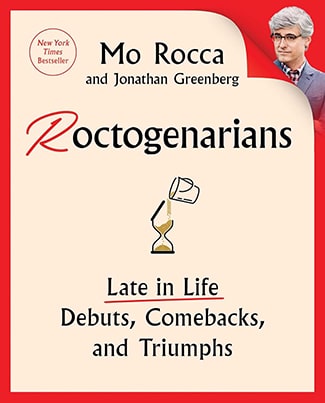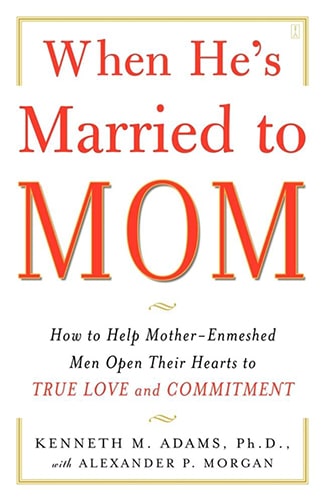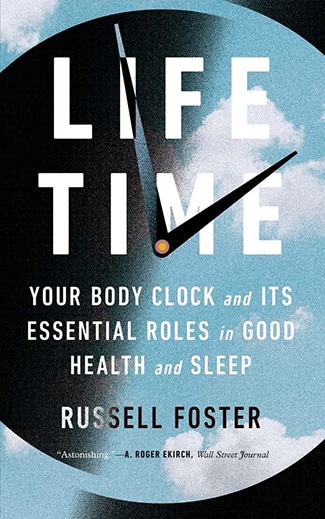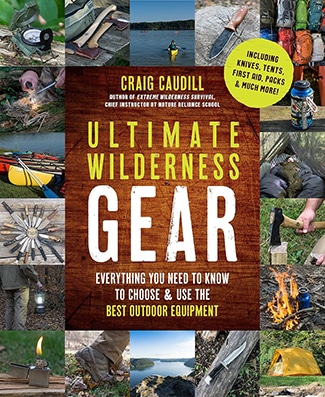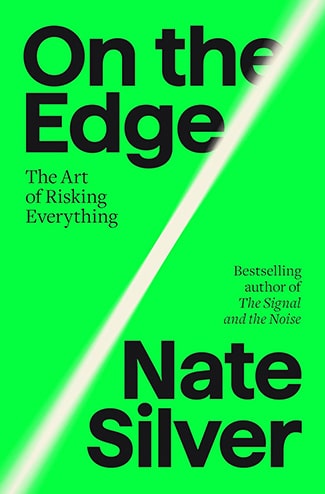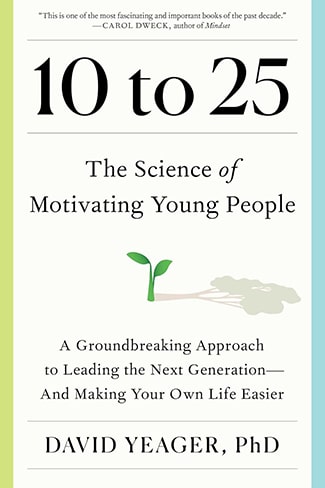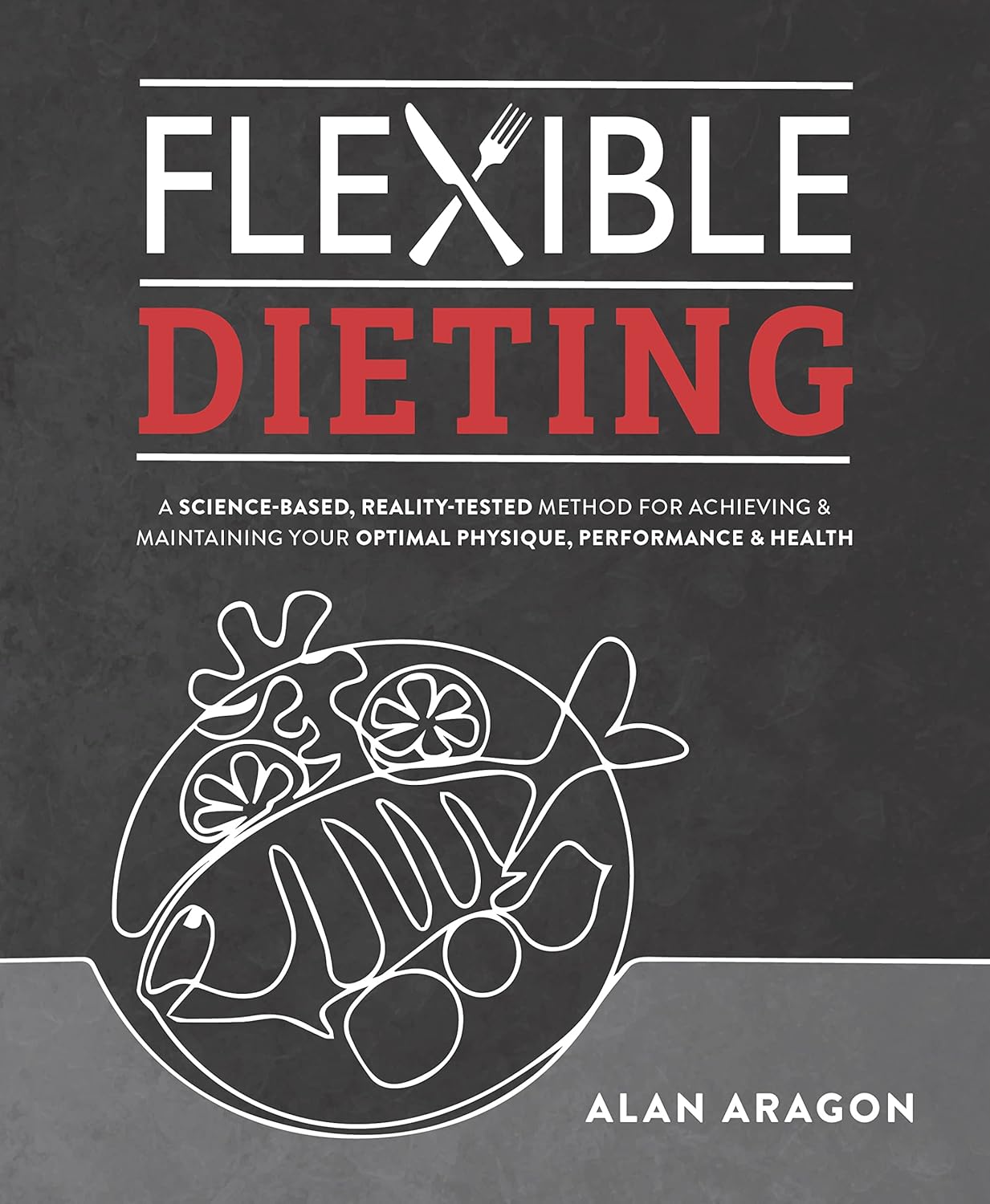Podcast Summary
Job dissatisfaction categories: Understanding the five common categories of job dissatisfaction can help individuals determine if they need to improve their current role or consider a career change.
Just like our personal relationships, we have a significant connection to our jobs. According to Tessa West, Professor of Psychology and author of "Job Therapy," there are five common forms of job dissatisfaction. These include individuals experiencing a crisis of identity, those who have drifted apart from their job, those who are stretched too thin, and two groups for those not getting the desired recognition or advancement. Understanding which category you fall into can help determine if you need to try to improve your current role or consider a career change. West's research shows that by recognizing and addressing the root causes of job dissatisfaction, individuals can rekindle their passion for their work and build a more fulfilling career.
Daily stressors, deeper psychological issues: Identifying and addressing daily stressors like unexpected deadlines and long commutes, as well as deeper psychological issues like a crisis of identity, can significantly improve job satisfaction.
Job dissatisfaction can stem from both daily stressors that are often overlooked and deeper psychological issues. Daily stressors, such as unexpected deadlines or long commutes, can accumulate and significantly impact our happiness and engagement at work. It's essential to identify and address these stressors to improve our overall job satisfaction. On a deeper level, individuals may experience a crisis of identity, where they once enjoyed their job but now have second thoughts. Signs of a crisis of identity include a decrease in self-esteem and centrality of career identity over time. By recognizing and addressing these root causes, individuals can work towards finding fulfillment and satisfaction in their careers.
Identity centrality vs job satisfaction: Measuring both identity centrality and satisfaction is crucial before making a career change. A high identity centrality with low satisfaction can lead to ambivalence and a 'frenemy' relationship with your job, while consistently low identity centrality may indicate the need for a new career.
Having a high identity centrality in a career but low satisfaction can lead to feelings of ambivalence and a "frenemy" relationship with your job. This unpredictable situation can keep people tethered to their current career despite unhappiness. To avoid this, it's crucial to measure both identity centrality and satisfaction before making a career change. If identity centrality is consistently low, it may be time to explore new careers and develop a clear sense of a future identity before making any moves. Conversely, if identity centrality is high, it might be more beneficial to find a new work environment rather than completely pivoting to a new career. The key is to understand your identity and its connection to your career before making any major decisions.
Career change preparation: Moonlighting, networking, and asking unexpected questions can provide valuable insights into a new career, helping individuals make informed decisions and avoid identity crises.
Before making a career change, it's crucial to gain firsthand experience and information about the new field. Moonlighting, or working in the desired field on a part-time basis, can provide valuable insights into the day-to-day realities of the job. Networking with diverse individuals outside of your current circle can also help broaden your understanding of the career's heterogeneity. Additionally, asking people about unexpected aspects of their jobs, using the question "Before I started this job, nobody told me that," can uncover hidden responsibilities and norms. By taking these steps, individuals can make more informed decisions about their career paths and potentially avoid identity crises.
Workplace changes causing unhappiness: People may feel unhappy with workplace changes, it's essential to consider if the changes are specific to your workplace or industry-wide and if your skills can be transferred to a new career. Introspection and careful consideration are crucial in determining if a change is needed.
People may feel unhappy with their work due to a sense of drifting apart, which can be caused by various changes in their workplace or industry. This feeling of nostalgia for the past and difficulty recognizing how multiple small changes have led to dissatisfaction can make it challenging for individuals to determine if they need to change careers or simply adjust their current one. To help figure this out, it's essential to consider whether the changes are specific to your workplace or industry-wide and if your skills can be transferred to a new career. Additionally, documenting your own changing preferences can aid in networking and understanding if potential new roles align with your interests. This process requires introspection and careful consideration, as the answer may not always be clear-cut.
Role Prioritization: Evaluate roles, rank-order, understand growth contribution, examine work patterns, discuss role priorities with employers, seek organizations with clear role expectations and work-life balance
Many people struggle with prioritizing their roles and responsibilities at work, leading to feelings of being stretched too thin. This issue stems from both the assigned roles we're paid to do and the unassigned roles we take on voluntarily. To address this, it's essential to critically evaluate our roles, rank-order them in terms of importance, and understand which roles contribute to our professional growth. Additionally, examining our work patterns, such as task switching and self-interruptions, can help increase productivity and reduce mental load. Organizations sometimes contribute to this issue by asking employees to take on multiple roles without providing adequate support or prioritization guidance. To navigate this challenge, consider discussing your role priorities with potential employers during job interviews and seeking out organizations that prioritize clear role expectations and work-life balance.
Improving status for career advancement: Seeking feedback from boss and colleagues in a non-confrontational way and focusing on specific behaviors for improvement can help increase status within an organization, leading to career growth
Having a high status within your team or organization is crucial for career advancement, but it's often a subtle and indirect concept that can be difficult to understand and improve. The author of the book discovered that people who feel they can't get ahead in their careers often underestimate their own status, and this lack of recognition can prevent them from getting promoted or receiving raises. Status can be conveyed through subtle cues, such as email response times or the impact of your contributions in meetings. To address this issue, the author suggests asking for feedback from your boss or colleagues in a non-confrontational way, focusing on specific behaviors that can be improved, and being open to constructive criticism. Additionally, those in client-facing roles may benefit from seeking feedback on their interactions with clients to identify areas for improvement. Ultimately, understanding and improving your status within your organization is an essential step towards career growth.
Professional status management: Understand group dynamics, network with high-status individuals, exhibit subtle leadership behaviors, evaluate your performance and compensation, and be willing to adapt to new situations to manage professional status
Managing your professional status involves more than just making persuasive arguments or talking a lot in meetings. It requires understanding whose voices get heard and why, networking with high-status individuals, and exhibiting subtle leadership behaviors. However, even with these strategies, there may come a point where your old status becomes too deeply ingrained and impossible to change, necessitating a career change. It's essential to evaluate whether you're truly a star performer and if your contributions are being undervalued or undercompensated. If so, it may be necessary to seek opportunities elsewhere, even if it means taking a step back first. Ultimately, managing your status requires a nuanced understanding of group dynamics and a willingness to adapt to new situations.
Hiring trends: Companies prioritize hiring 'good enough' employees over exceptional ones due to increasing compensation for top performers and psychological distance created by star employees. However, opportunities exist in human interfacing jobs like healthcare and hospitality.
Many companies and organizations often prioritize hiring "good enough" employees over those who are exceptional, due to the exponential increase in compensation for top performers and the psychological distance created by star employees. This trend is expected to worsen with the introduction of AI into the workforce, leading to the shrinking of white collar jobs. However, there are still opportunities in human interfacing jobs where people want to interact with other humans, such as healthcare and hospitality. For those starting their careers, these areas may be worth exploring. To learn more about this topic, visit Tessa West's website, tessowestauthor.com, and check out her book "Job Therapy," available on Amazon.com and in bookstores. For more resources and in-depth discussions, visit aum.is.com and artofmanliness.com.

